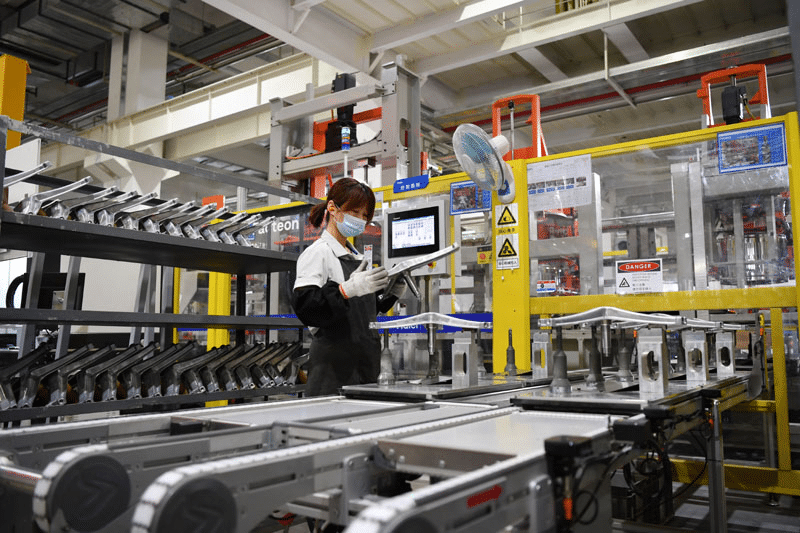In most product standards, the inspection is unified for the type test (routine inspection) and factory inspection (acceptance inspection) two categories. What is the difference between them?

Generally speaking, the type test is a comprehensive inspection of the product quality indicators to assess whether the product quality is fully in line with the standard and whether it achieves the full design quality requirements. Factory quality inspection is the formal production of products in the delivery of the final inspection that must be carried out to check the quality of the product at the time of delivery with the quality confirmed in the type test. Products qualified by factory inspection, in order to be delivered as qualified products. Factory inspection project is part of the type test project.
Specifically, factory inspections and routine inspections also have the following differences:
- The Inspection Time Is Different
Type inspection only needs to be carried out every six months, while factory inspection needs to be carried out before each batch of products are shipped, inspection before leaving the factory.
- The Scope Of The Test Is Different
Factory inspection most of the time only needs to complete part of the test project, while the type test needs to complete all the testing projects required, and the type test is completed by the Quality Supervision Bureau or a third party to complete the test. Factory inspection is the manufacturer of their own production of some of the technical requirements of the product indicators for their own inspection. Type test is the product of all the technical requirements of the indicators of the test, generally a third party to carry out the test.
- The Test Premise Standards Are Different
Type test premise for new products or products transferred to the production of prototype identification; or formal production, such as structure, materials, and processes have changed significantly, which may affect the performance of the product; or resuming production after a long hiatus; or normal production, according to the cycle of type testing. Or factory inspection results with the last type of test have a large difference; national quality supervision agencies carry out type inspection requirements when the user carries out the type test requirements.
Factory inspection for quality, must stand on the third-party position, adhere to the impartiality of quality inspection, and objectivity, both buyers and sellers are beneficial, especially when the manufacturer as the inspection of the entrusted party, through the third-party quality inspection of this means obtaining relevant statistics on product quality, as the basis for its improvement, improve product quality, effective quality, and cost control.
IPQCCO is a professional third-party quality inspection/inspection platform with professional QCs (inspectors, quality control auditors), which can provide global trade enterprises with inspection (mid-term inspection, end-term inspection, factory inspection, factory inspection), factory inspection and supervision services for different categories of products in the whole industry. We will assist you in controlling product quality at different stages of the product production process to effectively prevent product quality problems.